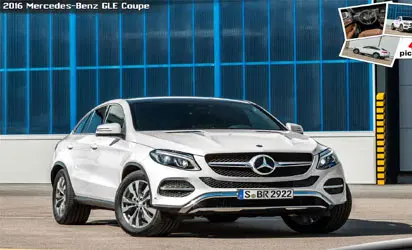German automakers are seizing the opportunity presented by the European Union’s high tariffs on Chinese-made electric vehicles (EVs) to bolster their investments in China. Major players like Mercedes-Benz, Volkswagen, and BMW are at the forefront of this expansion, collectively investing over $31 billion in their Chinese operations.
Investment Breakdown
- Mercedes-Benz and BMW each lead with investments exceeding $14 billion, while Volkswagen has invested around $2.7 billion.
- BMW is committing an additional $2.8 billion to enhance its Shenyang production base, raising its total investment there to $14.7 billion. Mercedes has invested $14 billion in China from 2014 to 2023, including $1.4 billion allocated for research and development over the past five years.
Future Plans
In a significant move, Mercedes-Benz Group recently announced plans to invest more than $2 billion in collaboration with local partners to diversify its production lineup in China. Starting in 2025, the company will produce exclusive all-electric models, including:
- Long-wheelbase CLA
- Long-wheelbase GLE
- A new luxury electric MPV based on the VAN EA platform
Ola Källenius, Chairman of the Board of Management of Mercedes-Benz Group, emphasized the importance of the Chinese market, stating it is a key pillar of the company’s global strategy and a driving force for electrification and technological innovation.
Mercedes will allocate:
- $1.4 billion for passenger vehicle operations
- Over $550 million for light commercial vehicles
These models will be produced through existing joint ventures, Beijing Benz (with BAIC) and Fujian Benz. Production of new models on the MMA (Mercedes-Benz Modular Architecture) platform is set to begin next year, starting with the new all-electric long-wheelbase CLA. This model features an advanced 800-volt platform with a 93% energy conversion rate and can achieve a range of 400 km after just 15 minutes of charging, boasting an energy efficiency of 12 kWh per 100 km.
The proactive strategies of these German automakers highlight their commitment to adapting to the evolving automotive landscape while capitalizing on market dynamics.

